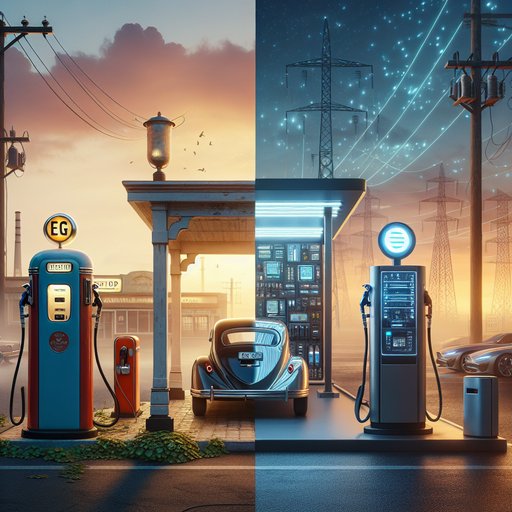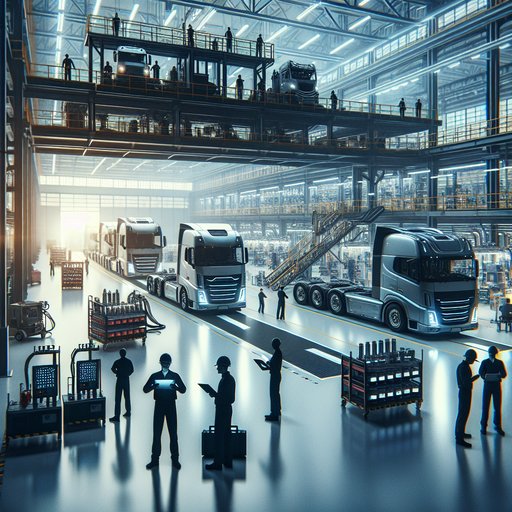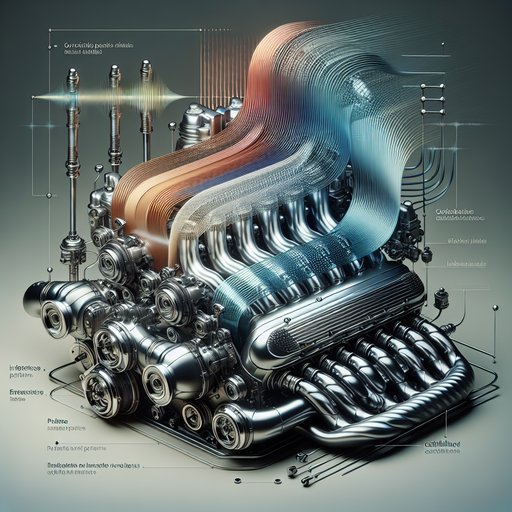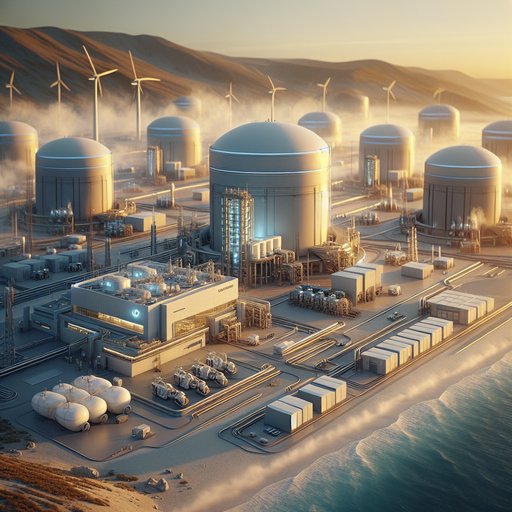
Major developments across semiconductor manufacturing, clean technology exports, and logistics are reshaping global supply chains. While semiconductor prices rise and talent shortages persist, new manufacturing hubs are emerging in Europe, and China continues to dominate clean technology exports. Meanwhile, major logistics companies are pushing for greener transportation solutions across Europe.
The semiconductor industry faces significant challenges as TSMC implements unprecedented price increases, marking the end of an era characterized by affordable transistors [1]. This shift occurs alongside a growing talent crisis in the semiconductor sector, with the United States alone facing a shortage of 76,000 jobs across all areas, a gap expected to double within the next decade [2].
In response to global semiconductor demands, Northern Poland is positioning itself as Europe's next semiconductor manufacturing hub, offering a strategic location and developed infrastructure to support the industry's growth [3]. This development could help diversify global chip production and reduce dependency on Asian manufacturers.
China continues to strengthen its position in clean technology, with a significant $20 billion surge in clean tech exports, particularly in electric vehicles and battery technologies [4]. Meanwhile, in Europe, major logistics and transport companies, including PepsiCo, Nestlé, and IKEA, are advocating for zero-emission targets in delivery operations [5].
- TSMC Price Hikes End the Era of Cheap Transistors
- Addressing the Growing Semiconductor ‘Talent Gap’
- Northern Poland Emerging as Europe’s Next Semiconductor Hub
- EVs and batteries power China’s $20B clean tech export surge
- Logistics Giants, Transport Companies, & Power Sector Call on President von der Leyen to Set Zero Emission Targets for Clean Deliveries
















